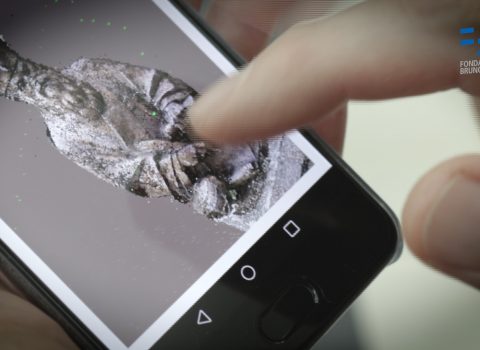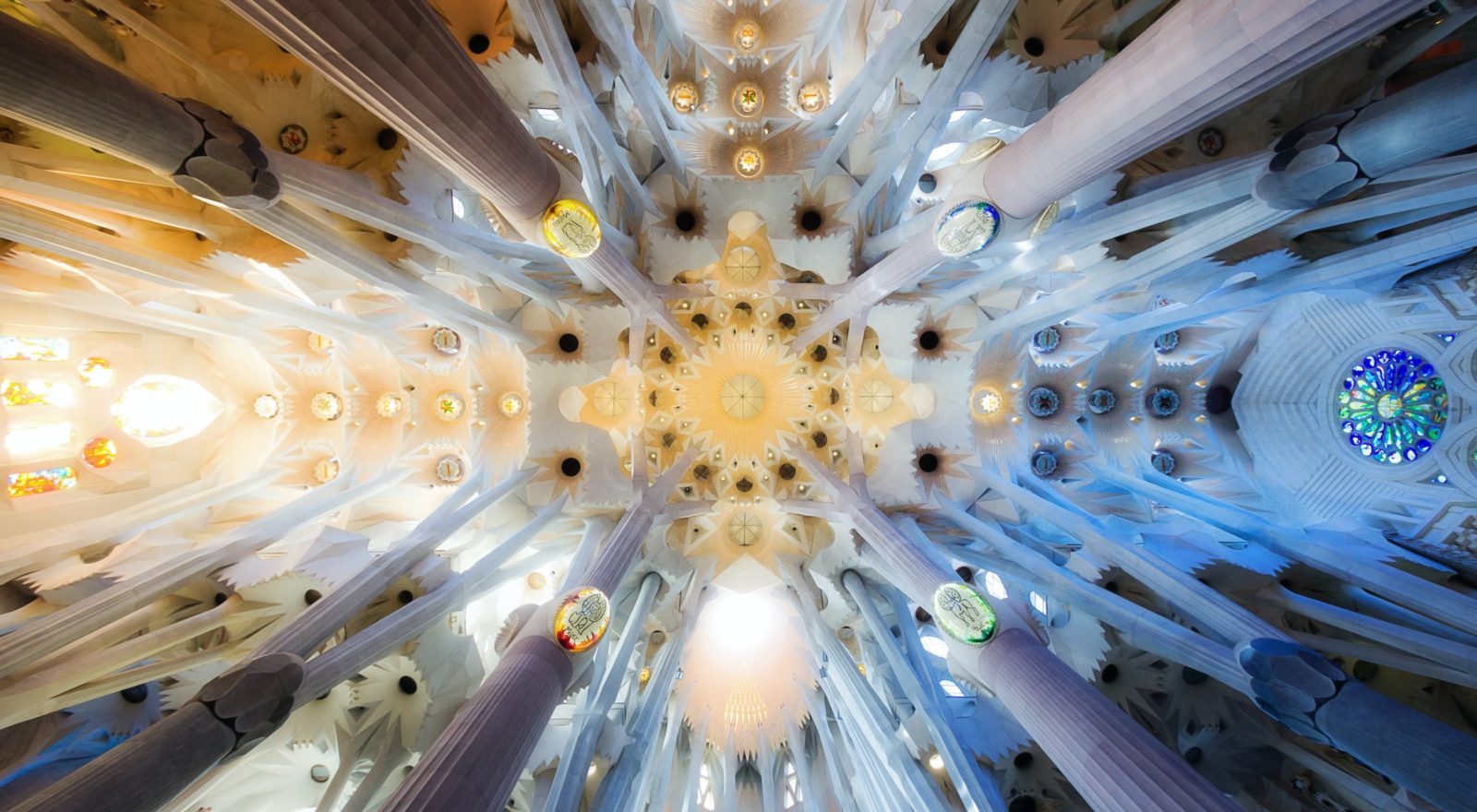
Suggestions for future research on artificial intelligence and religion
The two-year webinar series on Artificial Intelligence and Religion (AIR 2020/21) organized by the FBK-ISR Center for Religious Studies has wrapped up. A final assessment and a relaunch with new knowledge challenges
Declared dead or at risk of extinction in the second half of the past century, today religion remains the protagonist on the global scene. All predictions about its demise have proved fallacious. However, religion is no longer what it used to be.
As prof. Marco Ventura, director of the FBK Center for Religious Studies, said “the surviving God is not exactly the God whose death was announced“, the transition “from former religion to the religion of today, from the impact of religion on history in the past to its impact on today” describes the relationship between religion and innovation and between innovation and religion.
In a context of growing uncertainty like the present one, for a large part of the world population, religious practices and beliefs continue to give a sense of purpose to experience.
We live in an interconnected world whose interdependent parts continuously exchange information and enter into relationships with people, places and things through digital technologies, a dematerialized world in which the essential is often invisible to the eye and the intangible (the hand of the market, artificial intelligence) influences our daily choices.
Traditional religious forms and the very idea of God interact with the digital transformation in progress, are affected by it and in turn affect the change, becoming at the same time part of the problem and its solution.
Understanding and improving the relationship between religion and innovation is the mission of the Center for Religious Studies, which looks at the object of study from three standpoints:
- understanding how innovation occurs within religious communities (“innovation in religion”)
- studying the contribution of religion to cultural, social, political, economic, technological and institutional innovation (“religion in innovation”)
- studying the trust component of innovation, and therefore innovation as faith, myth, belief (“religion of innovation”)
In line with these research focuses, FBK-ISR has promoted two two-year series of meetings: the cycle of seminars and conferences entitled “Religion and innovation” in 2018/19 and “Artificial Intelligence and Religion“, 14 webinars held between 2020 and the current year, the last of which took place recently.
This latest initiative is part of FBK-ISR’s work on AI governance and policies, which involves extensive consultations with religious actors. In particular, FBK-ISR produced a document in response to the public consultation on the White Paper on artificial intelligence, launched by the European Commission in February 2020.
Below are the speakers who contributed to the closing event of the “AI and Religion” series, entitled “Indications for future research on artificial intelligence and religion”:
- Margherita Galassini (FBK-ISR)
- Robert Geraci (Manhattan College)
- Oliver Krüger (University of Fribourg)
- Massimo Leone (University of Turin)
- Inken Prohl (University of Heidelberg)
AIR 2020/21 – Scientific Committee:
- Boris Rähme, Researcher for the Center foe Religious Studies, FBK-ISR
- Oliviero Stock, Coordinator of research on AI, FBK-ICT
- Paolo Traverso, former director of the FBK-ICT Research Center
- Marco Ventura, Director, Center for Religious Studies, FBK-ISR
In copertina: foto di Claudio Testa da Unsplash.



